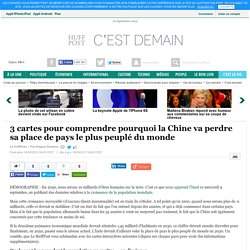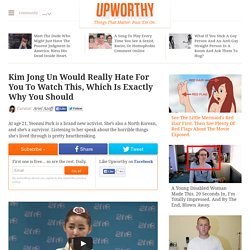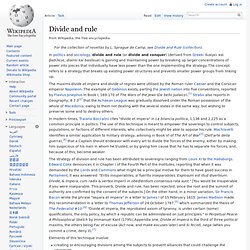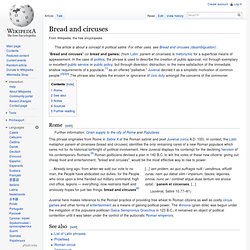

3 cartes pour comprendre pourquoi la Chine va perdre sa place de pays le plus peuplé du monde. DÉMOGRAPHIE - En 2050, nous serons 10 milliards d'êtres humains sur la terre.

C'est ce que nous apprend l'Ined ce mercredi 9 septembre, en publiant des données relatives à la croissance de la population mondiale. Mais cette croissance incroyable (d'aucuns disent insoutenable) est en train de s'étioler. A tel point qu'en 2100, quand nous serons plus de 11 milliards, celle-ci devrait se stabiliser. C'est un état de fait que l'on entend depuis des années, et qui a déjà commencé dans certains pays. Mais si le fait que la population allemande baisse dans les 35 années à venir ne surprend pas vraiment, le fait que la Chine soit également concernée par cette tendance va moins de soi.
Si la deuxième puissance économique mondiale devrait atteindre 1,45 milliard d'habitants en 2030, ce chiffre devrait ensuite décroître pour finalement, en 2050, passer sous le niveau actuel. Quels sont les pays dont la population va croître... ou diminuer. Kim Jong Un Would Really Hate For You To Watch This, Which Is Exactly Why You Should. At age 21, Yeonmi Park is a brand new activist.

She’s also a North Korean, and she’s a survivor. Listening to her speak about the horrible things she's lived through is pretty heartbreaking. Like Upworthy on Facebook (Click "Show Transcript" below to read her remarks in full.) At 9 years old, she saw her friend's mother punished for a crime that in most countries is just a normal, everyday activity. This is just one reason North Koreans live in fear for their lives. Yeonmi's own mother was forced to make a horrible compromise to protect her daughter. *Trigger warning: Discussion of rape And often, escaping into China isn't even the safe haven it should be. As Yeonmi points out, there are about 300,000 North Korean refugees in China who are vulnerable. 70% of North Korean women and teenage girls who have escaped into China are being victimized and trafficked, sometimes sold for as little as $200.
(FACT CHECK: These numbers seem to correlate roughly with this report by Human Rights Watch) Divide and rule. In politics and sociology, divide and rule (or divide and conquer) (derived from Greek: διαίρει καὶ βασίλευε, diaírei kaì basíleue) is gaining and maintaining power by breaking up larger concentrations of power into pieces that individually have less power than the one implementing the strategy.

The concept refers to a strategy that breaks up existing power structures and prevents smaller power groups from linking up. In modern times, Traiano Boccalini cites "divide et impera" in La bilancia politica, 1,136 and 2,225 as a common principle in politics. The use of this technique is meant to empower the sovereign to control subjects, populations, or factions of different interests, who collectively might be able to oppose his rule. The strategy of division and rule has been attributed to sovereigns ranging from Louis XI to the Habsburgs. Elements of this technique involve: Historically, this strategy was used in many different ways by empires seeking to expand their territories. Africa[edit] Bread and circuses, wikipedia. "Bread and circuses" (or bread and games) (from Latin: panem et circenses) is metonymic for a superficial means of appeasement.

In the case of politics, the phrase is used to describe the creation of public approval, not through exemplary or excellent public service or public policy, but through diversion; distraction; or the mere satisfaction of the immediate, shallow requirements of a populace,[1] as an offered "palliative. " Juvenal decried it as a simplistic motivation of common people.[2][3][4] The phrase also implies the erosion or ignorance of civic duty amongst the concerns of the commoner. Rome[edit] This phrase originates from Rome in Satire X of the Roman satirist and poet Juvenal (circa A.D. 100). In context, the Latin metaphor panem et circenses (bread and circuses) identifies the only remaining cares of a new Roman populace which cares not for its historical birthright of political involvement. See also[edit] Notes[edit] Sources[edit] Potter, D. and D.
Further reading[edit] Eugénisme et Darwinisme social.